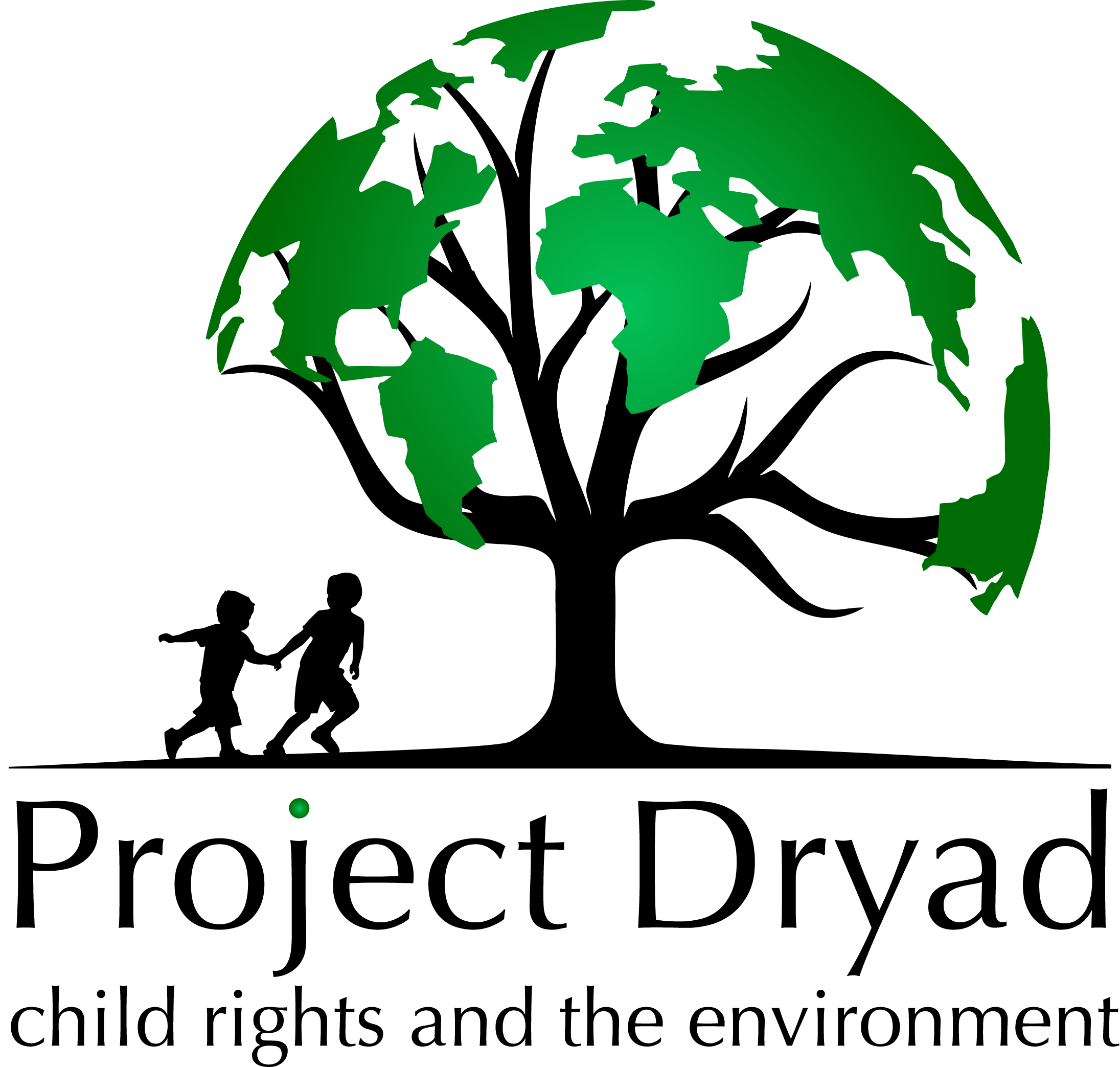UNICEF: Are climate change policies child-sensitive: Full Report
In December 2019, UNICEF launched a summary of analysis and guidance on national climate policies around the world from a child rights perspective, focusing on countries’ Nationally Determined Contributions and National Adaptation Plans in particular.
The key finding was that, in the vast majority of cases, they are not, demonstrating a glaring disconnect between the States’ child rights obligations, and their climate change commitments.
The full report has now been launched.
Key content includes:
What national policies say about children
How should national policies address children
How to transform principles into action, measurement and impact
Examples of good practice from around the world
Recommendations on the way forward
An annex setting out a “checklist“ of criteria for child-sensitive climate policy-making
For a quick overview of key findings, see our previous blog.
The analysis and report was prepared by Project Dryad.
A lack of guidance, tools and sustained advocacy for child-sensitive climate policy-making has contributed to children being left out of climate policy. But as political attention to the demands and voices of children and youth increases, there is an opportunity — and indeed a moral and legal obligation — for decision-makers to address this glaring gap. The key principles and approaches identified in this paper can inform decision-makers and other key actors involved in climate policy processes on the steps required, contributing to urgent efforts to tackle the climate crisis and ensuring that no child is left behind.
